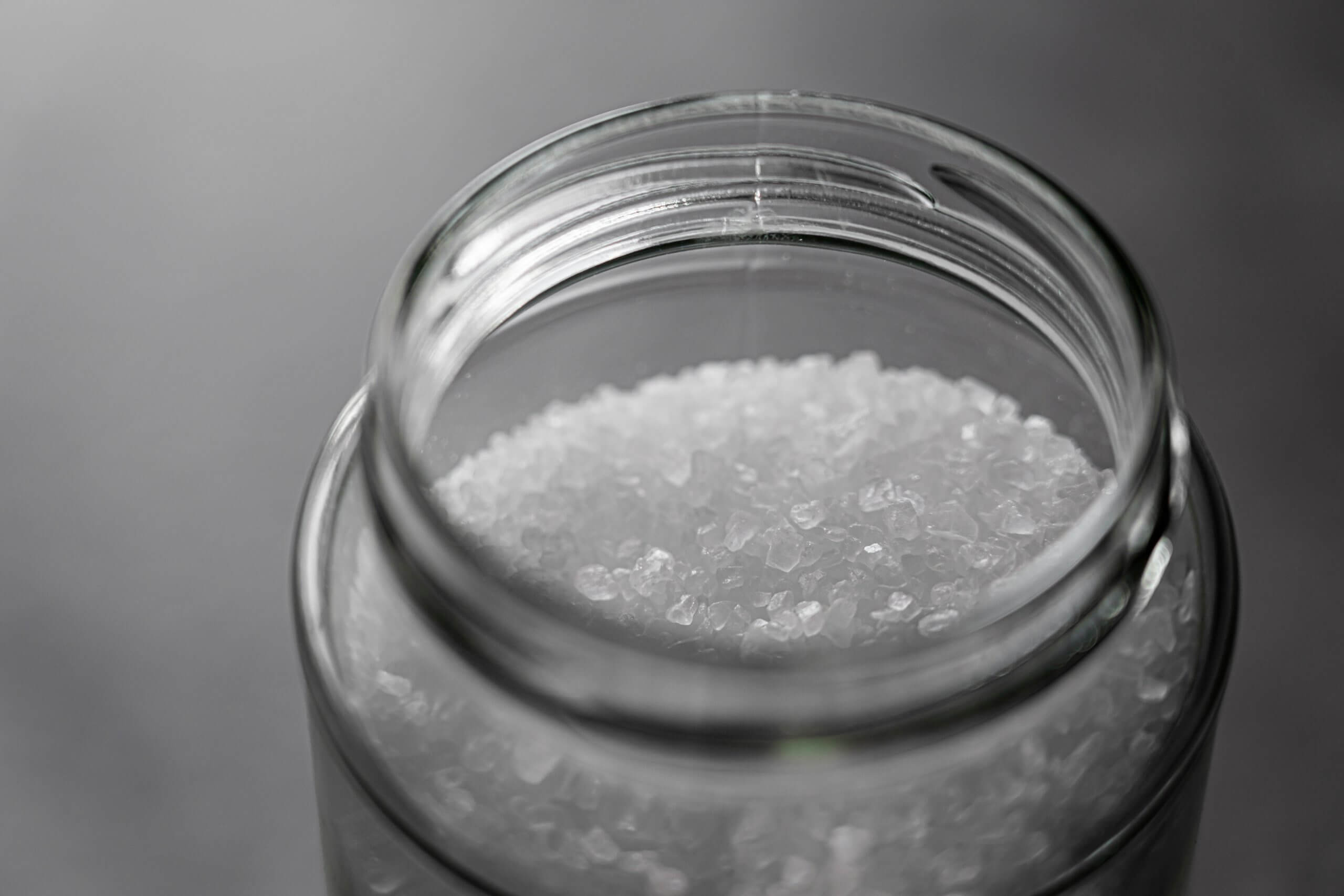What’s really in a supermarket ready meal?
By Frive | 7th March, 2023 | Nutrition
Supermarket ready meals are a popular and convenient option for busy people looking for a quick and easy meal. However, despite their convenience, supermarket ready meals can have some significant drawbacks when it comes to nutrition. So we’ve looked into what’s really in a supermarket ready meal and why they should be avoided.
High in Salt
Supermarket ready meals are often heavily processed and packed with sodium to enhance their flavour and shelf life. Consuming too much salt can increase blood pressure and increase the risk of heart disease and stroke. Additionally, many ready meals are low in essential nutrients like fibre, vitamins, and minerals, as these meals are typically highly processed, with many of the nutrients lost during manufacturing.
Many convenience foods are packed with sodium to enhance their flavour and make them more palatable. An average adult should consume no more than 2,300 milligrams of sodium per day. However, some pre-packaged meals contain more than half of that amount in a single serving.

Hidden Calories
Supermarket ready meals can also be high in calories, which can contribute to weight gain and obesity. Many ready meals are marketed as being low calorie, but it is important to read the label carefully as portion sizes and serving suggestions can be misleading. Additionally, many ready meals contain added sugars, which can contribute to weight gain and other health problems.

Preservatives and Additives
One of the biggest concerns with pre-packaged meals is the use of preservatives and additives. These are substances that are added to food to increase its shelf life, enhance flavour or texture, or make it look more appealing. Some of the most common additives found in convenience foods include monosodium glutamate (MSG), high fructose corn syrup, and artificial flavours and colours.
While these substances have been approved as safe for human consumption in small amounts, some people may be sensitive to them and experience adverse reactions. Moreover, consuming too much of these additives can lead to long-term health problems, such as obesity, diabetes, and heart disease.
Hidden Sugars
Sugar is another ingredient that is often hidden in pre-packaged meals. While sugar can make food taste better, consuming too much of it can lead to obesity, type 2 diabetes, and other health problems. Some common sources of hidden sugars in convenience foods include fruit juices, canned fruits, and breakfast cereals.
It’s important to read food labels carefully and look for products that are low in added sugars. Keep in mind that some products may contain natural sugars, such as those found in fruit, which are not as harmful as added sugars.

Unhealthy Fats
Most pre-packaged meals contain high levels of unhealthy fats, such as saturated and trans fats. These types of fats can increase your risk of heart disease and other health problems. They are often used to enhance the flavour and texture of convenience foods.
To avoid consuming too much unhealthy fat, look for products that are low in saturated and trans fats. Choose foods that are rich in healthy fats, such as omega-3 fatty acids, which can be found in fish, nuts, and seeds.
Lack of Nutrients
Finally, one of the biggest drawbacks of pre-packaged meals is their lack of nutrients. Many convenience foods are highly processed and stripped of their natural nutrients. They may also contain fewer vitamins and minerals than fresh, whole foods.
To ensure that you are getting the nutrients your body needs, try to incorporate more fresh fruits and vegetables into your diet. You can also look for convenience foods that are fortified with vitamins and minerals.
Eating healthy doesn’t have to be difficult with Lion’s Prep. Check out our menu for delicious options.
